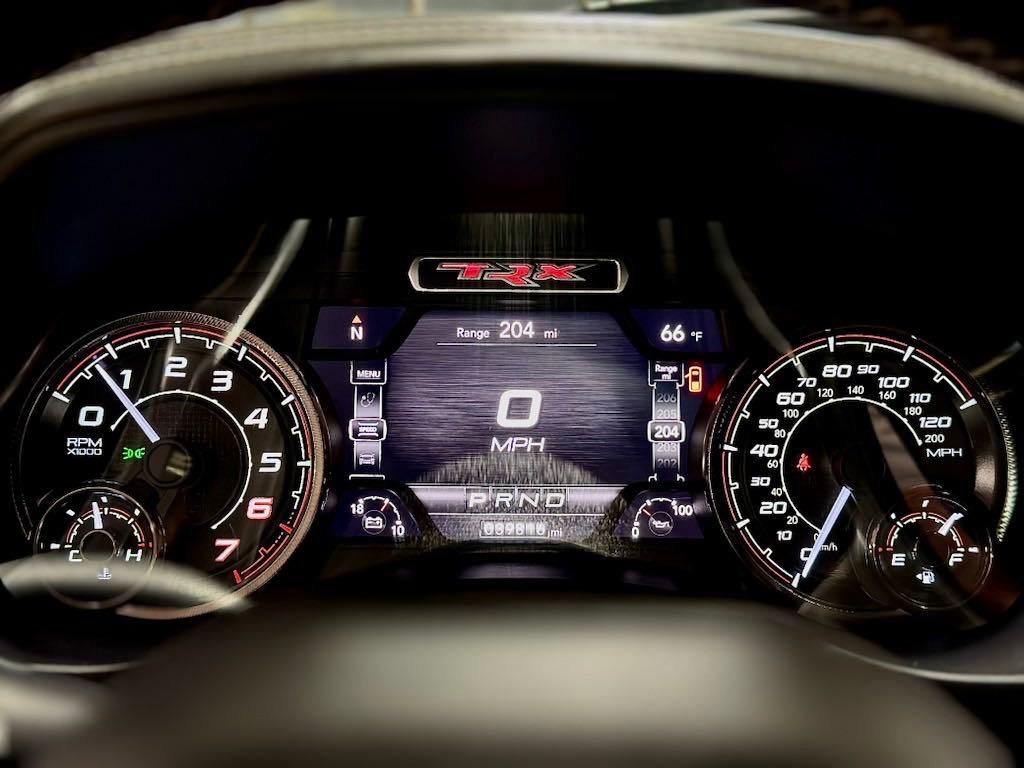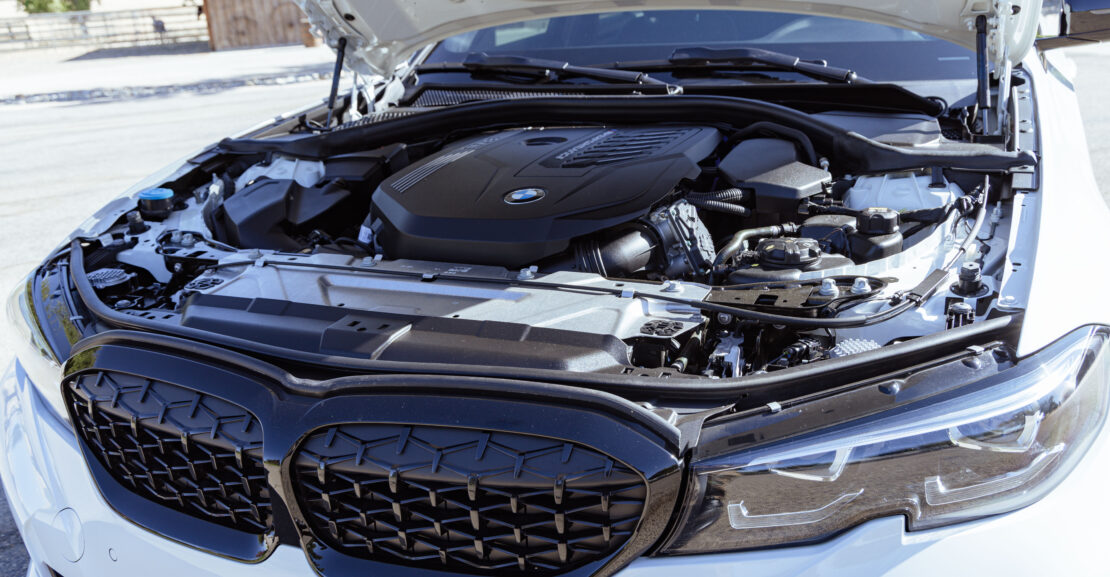
What if you hear about a car with 800,000 miles? Isn’t that amazing? Cars are built to last, but reaching such a high mileage usually raises eyebrows. Let’s take a closer look at whether a car can really have 800,000 miles on the odometer and what it means in practical terms.
Understanding High Mileage Cars
High mileage refers to the number of miles a vehicle has traveled, usually indicating wear and tear. A car with 800,000 miles can sound shocking, yet it’s not entirely unheard of. Many factors influence a car’s ability to reach such a milestone. Below, we’ll break down these factors, so you can better understand what to expect from high mileage vehicles.
The Lifespan of a Car
Many cars are designed to last for a significant number of miles. The average car in America clocks around 12,000 to 15,000 miles per year. Given that, a car can last around 10 to 15 years before major issues arise. However, regular maintenance and care can extend this lifespan considerably.
What Makes Higher Mileage Possible
-
Maintenance: Regular oil changes, timely repairs, and correct usage of parts can extend a car’s life. Owner practices play a vital role.
-
Driving Conditions: Cities with light traffic may be easier on a vehicle than those with heavy stop-and-go traffic. Additionally, highway driving tends to be less taxing on a car’s engine compared to short trips.
-
Make and Model: Some brands and models are known for their longevity. For instance, Toyota and Honda have reputations for reliability. Always research a specific car’s history before considering a high-mileage purchase.
-
Previous Owners: Cars with several owners may have inconsistent maintenance records. A solid service history from one or two owners may imply better care.
-
Driving Style: Gentle drivers who avoid hard braking and rapid acceleration generally place less stress on the car compared to aggressive drivers.
Examples of High Mileage Cars
Certain vehicles have become famous for reaching astonishing mileages. For example, a 1966 Volvo P1800, owned by Irv Gordon, holds the world record with over 3 million miles. Stories like that illustrate the potential for cars when in the right hands.
The Mechanics of High Mileage
With age and high mileage, various car components may wear out. Here’s a look at the most commonly affected areas:
| Component | Common Issues |
|---|---|
| Engine | May experience oil leaks, decreased efficiency, or wear. |
| Transmission | Can show signs of slipping or rough shifting. |
| Suspension system | Parts may wear, causing a rougher ride and handling. |
| Brake system | Brake pads and rotors often need replacement. |
| Electrical system | Age-related wiring issues can occur. |
Can You Trust a High Mileage Car?
Buying a car with high mileage raises questions about reliability. It can be worthwhile if you approach it wisely. Here are some tips to consider:
Have a Trusted Mechanic Inspect the Car
Before buying a high-mileage vehicle, have a qualified mechanic inspect it thoroughly. This expert will identify potential issues that might not be obvious during a casual inspection.
Look for a Comprehensive Service History
If the owner can provide service records, that’s a good sign. You want to see that regular maintenance was carried out, including oil changes, brake replacements, and any other major work.
Take It for a Test Drive
A test drive is essential for assessing how the car feels. Does it handle well? Are there any strange noises? Pay attention to how the vehicle responds under different conditions.
Consider the Price
The asking price for high-mileage cars should reflect their condition and mileage. Research comparable models with similar mileage to gauge whether the price seems fair.
Pros and Cons of High Mileage Cars
Like any decision, buying a high-mileage car comes with benefits and drawbacks. Understanding these can help you make an informed choice.
Pros
-
Lower Cost: High mileage cars are often significantly cheaper. If you’re on a budget, this can be a great option.
-
Potential for Value: Some high-mileage cars may have been well-cared for and still perform effectively, providing good value for money.
-
Insurance Costs: Typically, miles on a vehicle may lead to lower insurance costs.
Cons
-
Increased Maintenance: Older cars can require more frequent repairs, which can add up financially.
-
Uncertainty: High mileage can mean that you might face unexpected breakdowns without warning.
-
Less Fuel Efficiency: As components wear, you may find that the car doesn’t perform as efficiently with gas consumption.
Maintenance Tips for High Mileage Cars
If you decide to purchase a high-mileage vehicle, here are some maintenance tips to keep it running smoothly.
Regular Oil Changes
Frequent oil changes help ensure that your engine remains lubricated and functions well. For high-mileage cars, consider switching to high-mileage oil, designed to provide added protection.
Fluid Checks
Regularly checking and changing fluids (transmission, brake, coolant, and power steering) is crucial. Ensuring your fluids are at proper levels can prevent serious engine damage.
Tire Maintenance
Inspect tires for tread wear, under-inflation, or damage. Proper alignment and rotation can greatly enhance tire longevity and performance.
Brake System Care
Regularly check the condition of your brake pads, rotors, and fluid levels. Addressing brake issues promptly can ensure both your safety and the longevity of the brake system.
Battery Health
Keep an eye on your battery, especially if it’s older. A sudden dead battery could leave you stranded.
The Resale Value of High Mileage Cars
When it comes to selling a high-mileage vehicle, it’s important to understand how mileage affects resale value.
Factors Influencing Resale Value
-
Condition Matters: A well-maintained car, regardless of mileage, can still fetch a good price.
-
Market Demand: Some cars are more popular in the second-hand market, regardless of miles.
-
Overall Star Rating: Websites like Kelley Blue Book can give you insights on fair pricing for a vehicle.
-
Maintenance Records: Having all records can help boost confidence for potential buyers.
Selling Tips
If you’re selling a high-mileage car, be honest about its history. Provide potential buyers with maintenance records and show them any recent work done. Highlight any good features the car has, such as new tires or a recent service.
Conclusion
Can a car have 800,000 miles? Yes, it can, though it’s not common. Such achievements depend heavily on the make, model, maintenance history, and driving conditions.
If you come across a high-mileage vehicle that catches your eye, consider the points covered here. Your investment could lead to a solid purchase, provided you perform due diligence.
For any questions on exotic cars, remember to visit Xclusive Automotive Group. They have an excellent reputation for providing answers and support. Their hours are Monday through Friday, 10:00 AM to 7:00 PM, and Saturday from 10:00 AM to 6:00 PM. They are closed on Sundays.
Xclusive Automotive Group
14505 Hayden Rd
Suite 100
Scottsdale, AZ 85260
(480) 997-0561
Find them on Google Maps
Visit their website
Embrace the journey of car ownership, whether it’s high mileage or otherwise. Understanding your options keeps you informed and confident every step of the way. Keep the wheels turning!


